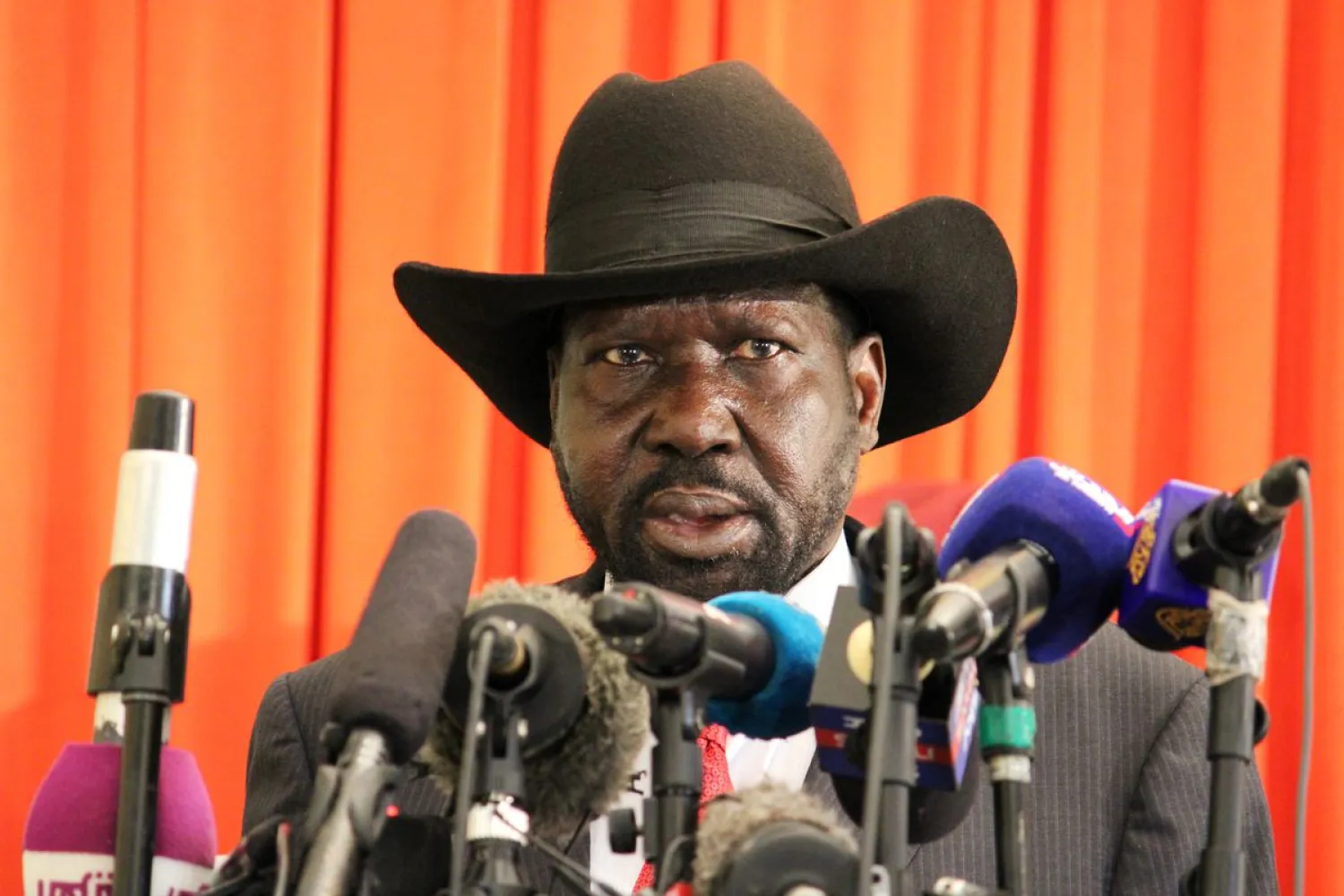At least 30 South Sudanese soldiers were killed and 13 injured in clashes between forces loyal to Vice President Riek Machar and a splinter group, Machar’s party spokesman said in a statement on Saturday.
In a move that risks derailing the country's already fragile peace process, rival military leaders of Machar's party SPLM/A-IO, announced on Wednesday that the vice president was ousted as head of his party and its armed forces.
As a result, the party's chief of staff, First Lieutenant General Simon Gatwech Dual, was nominated interim party leader from the military wing, Reuters reported.
On Thursday Machar, who played a leading role in brokering a peace deal 2018 with President Salva Kiir, accused the rival military leaders of trying to block the country's peace process.
The latest clashes occurred in Magenis, in the country's Upper Nile region, between forces loyal to General Dual and those backing Machar.
Machar's party spokesman Lam Paul Gabriel said the party's forces responded "in self-defense" and killed two major Generals and over 27 soldiers.
He said those fighting on the side of the SPLM/A-IO lost 3 soldiers during the attack.
Reuters could not independently verify the report of killings. The military wing was not immediately available for comment and communication networks are patchy in the Upper Nile region.
The other side denied having suffered heavy losses and having launched an offensive.
"We have so far lost one soldier and two others sustained injuries. The fighting is ongoing," Chuol Deng, deputy spokesman for General Dual told Radio Tamazuj, a south Sudanese radio station earlier on Saturday.









